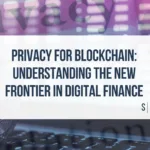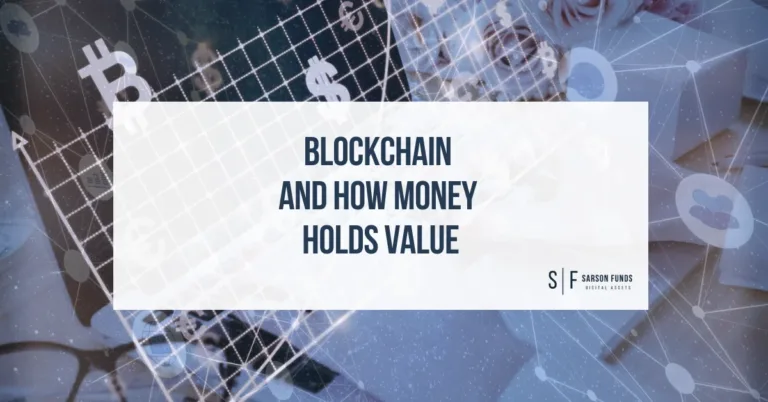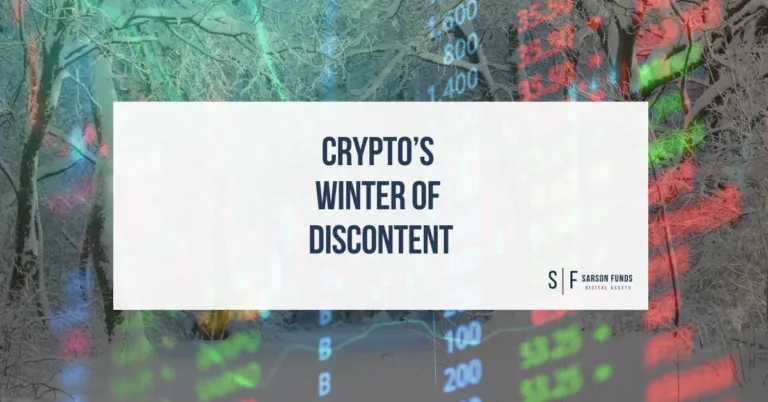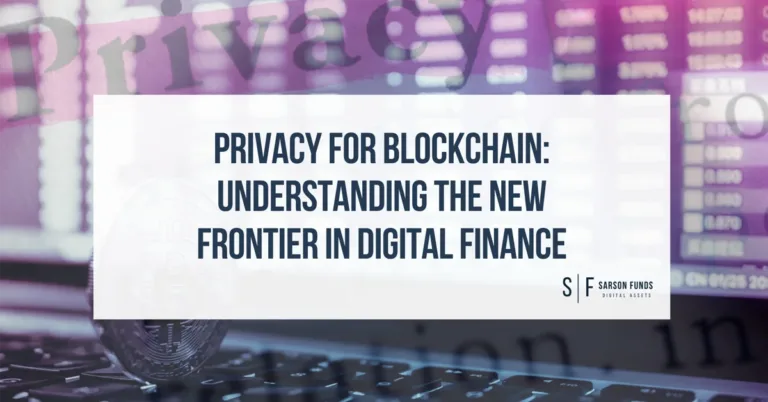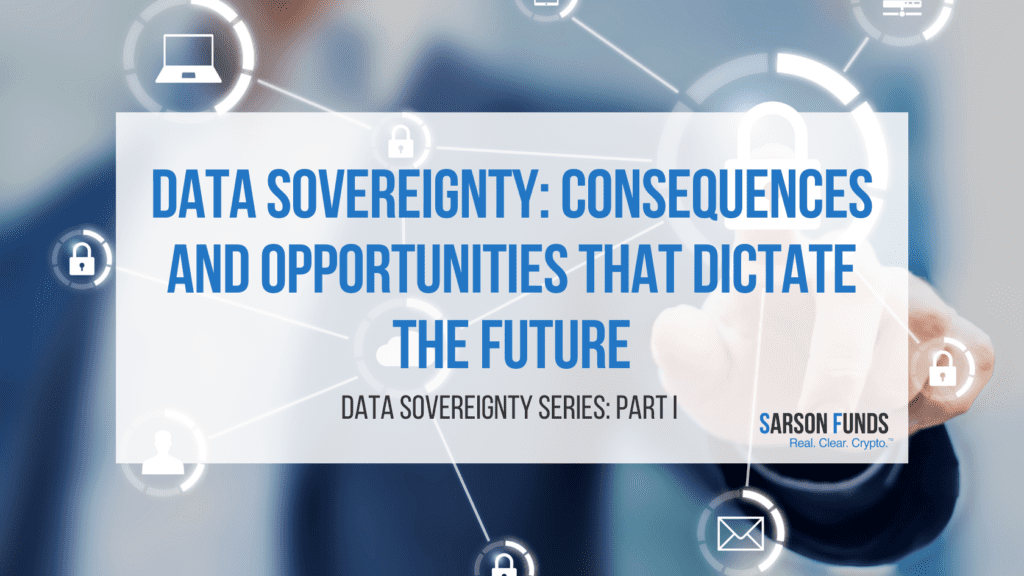
As the digital age commences, data control is at the forefront of a major shift in the human experience. Data collected from internet users is changing the way businesses operate, governments monitor, and people interact and consume. In parallel with society’s emerging reliance on data, however, are the risks posed by bad actors who seize and manipulate data for malicious purposes. Big tech companies track and harvest all data that runs through their systems, making them epicenters of data control, and thus, prime targets to hackers. In tandem, many leading tech corporations have participated in an ethical decline with regards to data control, and legislation lags behind in holding bad actors accountable. This article will discuss the consequences and opportunities of data control and how individuals are awakening to their personal data sovereignty.
Data is a cornerstone of the emerging digital age. As technology progresses, new opportunities arise for companies to harness data and better understand their customers. On the other hand, individuals are alerting to their ability to control their data and those who can access it, as awareness raises about malware, cookies, and data trackers that are downloaded with and without consent.
People are beginning to understand the implications of their digital footprint as it relates to social media and digital marketplace engagement. Thus, the dissemination of user data relies on the ethics of tech corporations, and less so on the users who initially granted them access. Ignorance to the realities of data control has created widespread polarization and distrust, while on the other hand, mindful action is leading to an emerging class of digitally sovereign individuals.
As data privacy concerns mount, there are few actions being taken by most internet users to mitigate data misappropriation, largely because many do not understand the implications of data control. Even with data breaches and reports of malicious data use, much of the population does not understand how to protect their data from bad actors. People are turning to new messaging apps that promise better protection, but their data continues to be compromised and misused.
Dissemination of information is dictated by a handful of corporations with the ability to divide people against each other by controlling narratives and spreading propaganda. Additionally, algorithms dictating more immersive user experiences on social media and other internet applications are showing people the information that they “want” to see based on their prior engagement. By default, internet users are being quasi-controlled by compelling clickbait that trigger emotional responses, causing freedom of thought to diminish.
As a result of the growing prominence of data in the digital age, data is the most valuable asset in the digital age. In fact, user data is so valuable that big tech is able to offer freemium services because of the profitability of their own data dissemination to digital advertisers. Fortunately, individuals are beginning to recognize the power that they have to control, monetize, and track their data with the emergence of blockchain technology. Those who enact their power to control their own data are positioned for a competitive edge in the emerging digital landscape.
Awareness is spreading about the implications of data sovereignty in the wake of data integrity concerns. Data is being increasingly recognized as personal property, and the line between personal sovereignty and data sovereignty is blurring. Thus, next generation approaches to data privacy, encryption, and monetization are incentivizing people to take control of the data they produce and lean on the disintermediated nature of decentralized technology such as blockchain and cryptocurrencies. As the digital age progresses, the truly free individuals will be those who harness the power and value of their own data, leaving behind digital serfs that remain blissfully ignorant of big tech’s puppeteering within their day-to-day lives.
Crown Sterling, a distinguished thought leader in the data sovereignty conversation, recently authored a Data Bill of Rights, which declares data to be the intangible personal property of original producers, otherwise known as consumers in the digital age. Crown Sterling is among an emerging class of future-focused data rights activists, cryptographers, digital asset projects, and computer scientists who are engineering a future of personal data empowerment.
At Sarson Funds, we closely follow advancements in data security as they relate to the future of the digital asset ecosystem. The mission to empower personal data sovereignty is an essential component for the future of digital assets. We believe that digital asset investors should educate themselves on the implications of data security, and how digital assets and blockchain technology can facilitate a more sovereign future. For greater discussion on the prominence of data in the digital age, stay tuned for our data sovereignty series, publishing every Tuesday for the next six weeks.
Disclosures: Not investment advice. It should be assumed that Sarson Funds or its affiliated managers hold positions in all projects that are discussed. It is not possible to invest in any project directly through Sarson Funds, Inc. or its affiliated managers. Any investment product offered by managers affiliated with Sarson Funds should be assumed to be only available to Accredited Investors and subject to the individual terms and conditions of that offering including but not limited to those eligibility requirements associated with U.S. Securities Regulation D, section 506c. Talk with your financial advisor before making any investment decisions or have them contact Sarson Funds directly at [email protected]




